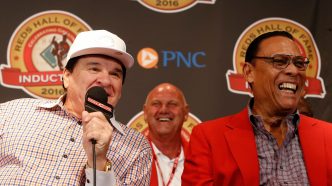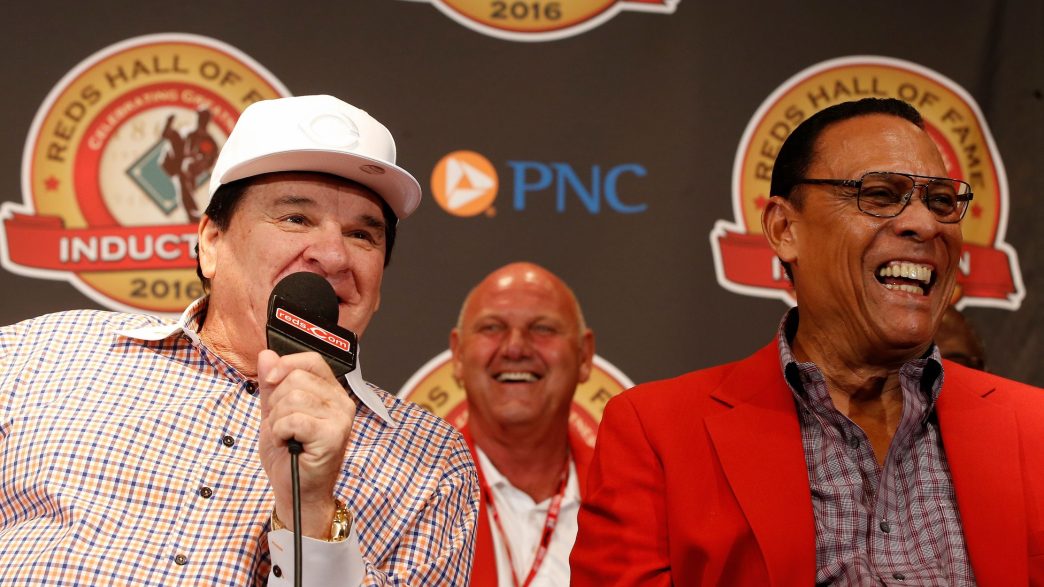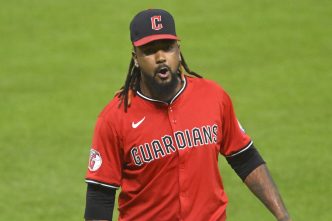As the baseball season kicks off, the spotlight is on MLB Commissioner Rob Manfred’s significant decision to remove Pete Rose, along with other baseball legends, from the permanently ineligible list. This move has stirred conversations about Rose’s Hall of Fame eligibility, and for former Red Sox pitcher Derek Lowe, it feels like the right time.
In a recent interview, Lowe conveyed his thoughts clearly, acknowledging the long-standing debate around Rose’s status. He noted, “I believe it is time. A lot of people, rightfully or wrongfully, thought he would eventually get in, but it was going to be posthumously.” Lowe is firm in his belief that Rose’s impressive accomplishments deserve recognition, despite the gambling controversy that has overshadowed his legacy.
With Rose holding the record for the most hits in MLB history – 4,256, along with a career batting average of .303 and three World Series titles under his belt – it’s hard to deny his impact on the game. “We understand the gambling, but here we are,” Lowe continued. “He’s probably going to get in at some point. […] I think a lot of people would like to see him in the Hall of Fame for sure.”
That sentiment is echoed by Baltimore Orioles star Gunnar Henderson, who recently expressed his relief at Rose coming off the banned list while also acknowledging the mixed reactions it has generated among fans and players alike.
Tragically, Rose’s death last September at the age of 83 marked the end of an era. He admitted to gambling on baseball in 2004 after years of denial, a confession that sparked deep debates within the baseball community about the intersection of gambling and the integrity of the game.
As we look forward to the American Century Championship at Edgewood Tahoe Golf Club next month, Lowe’s reflections on Rose’s case remind us that sometimes, the past casts a long shadow over present discussions, but it might just be time for one of baseball’s greatest figures to take his place in Cooperstown. With the conversations and emotions swirling, the question remains: how will this pivotal moment influence the future of Hall of Fame discussions?







